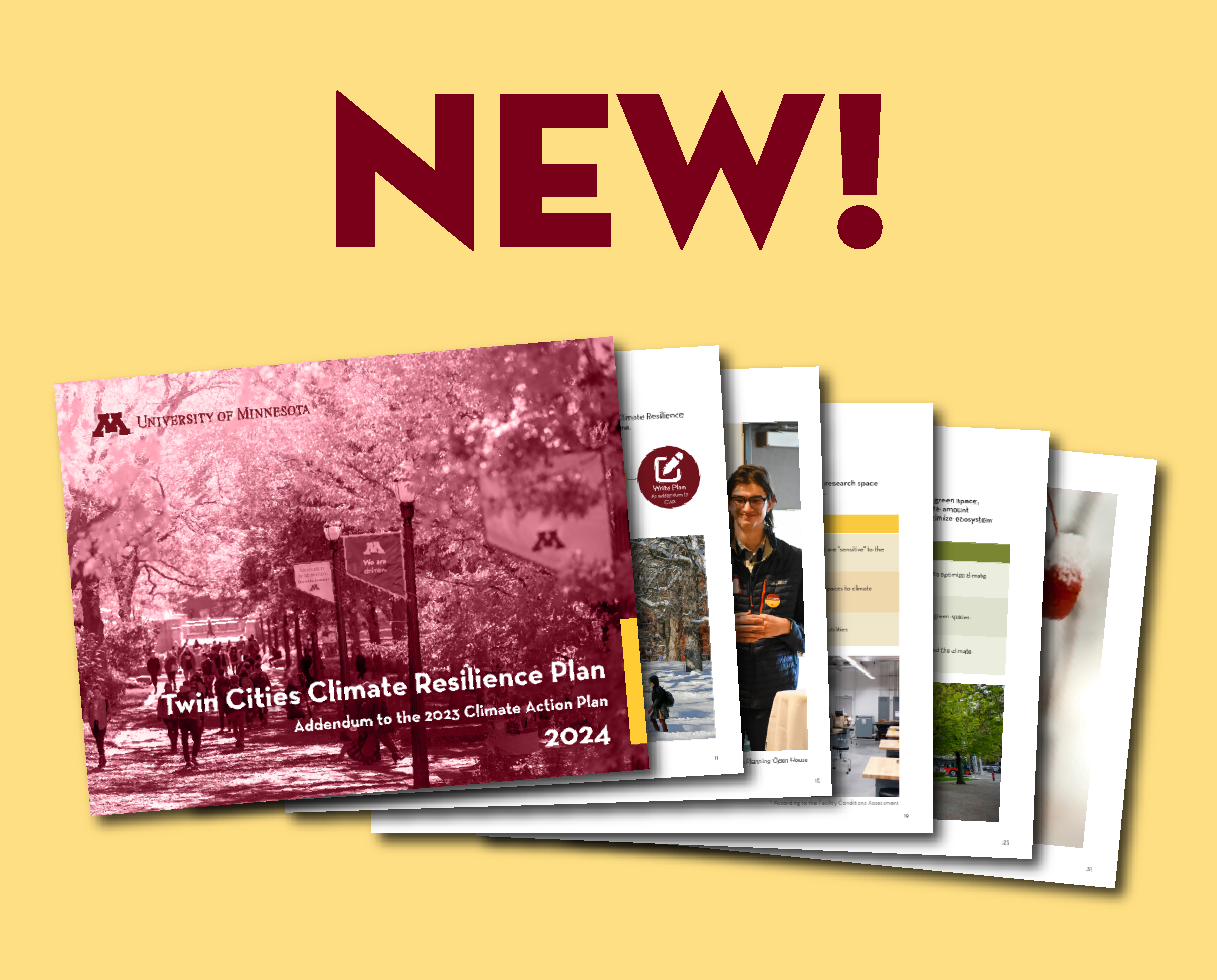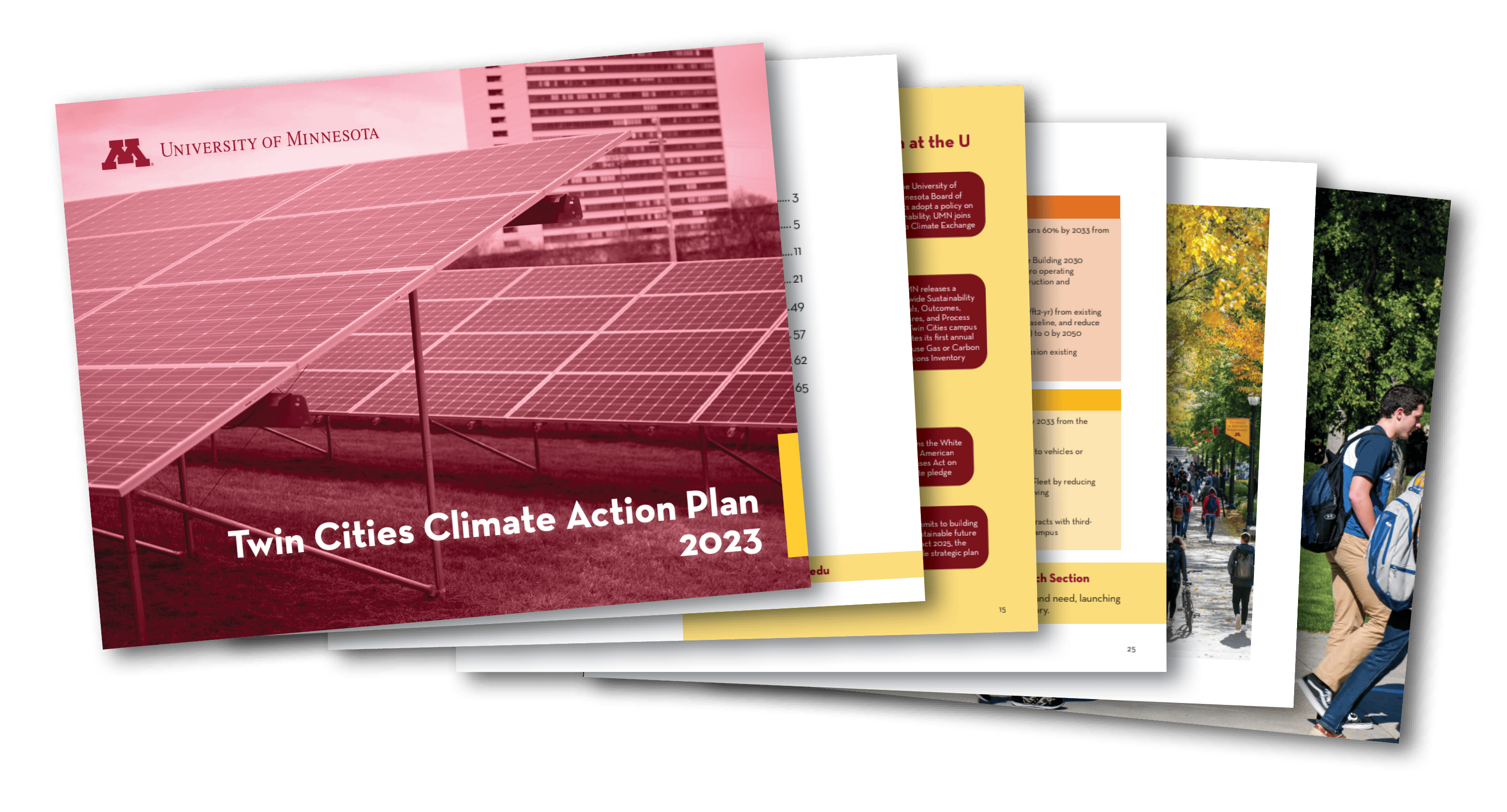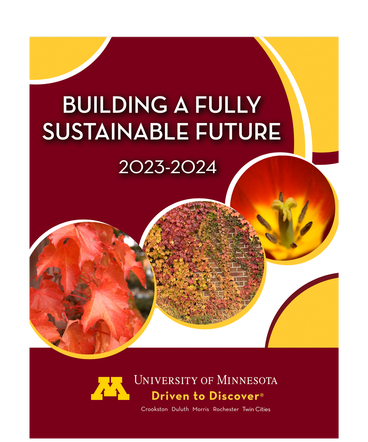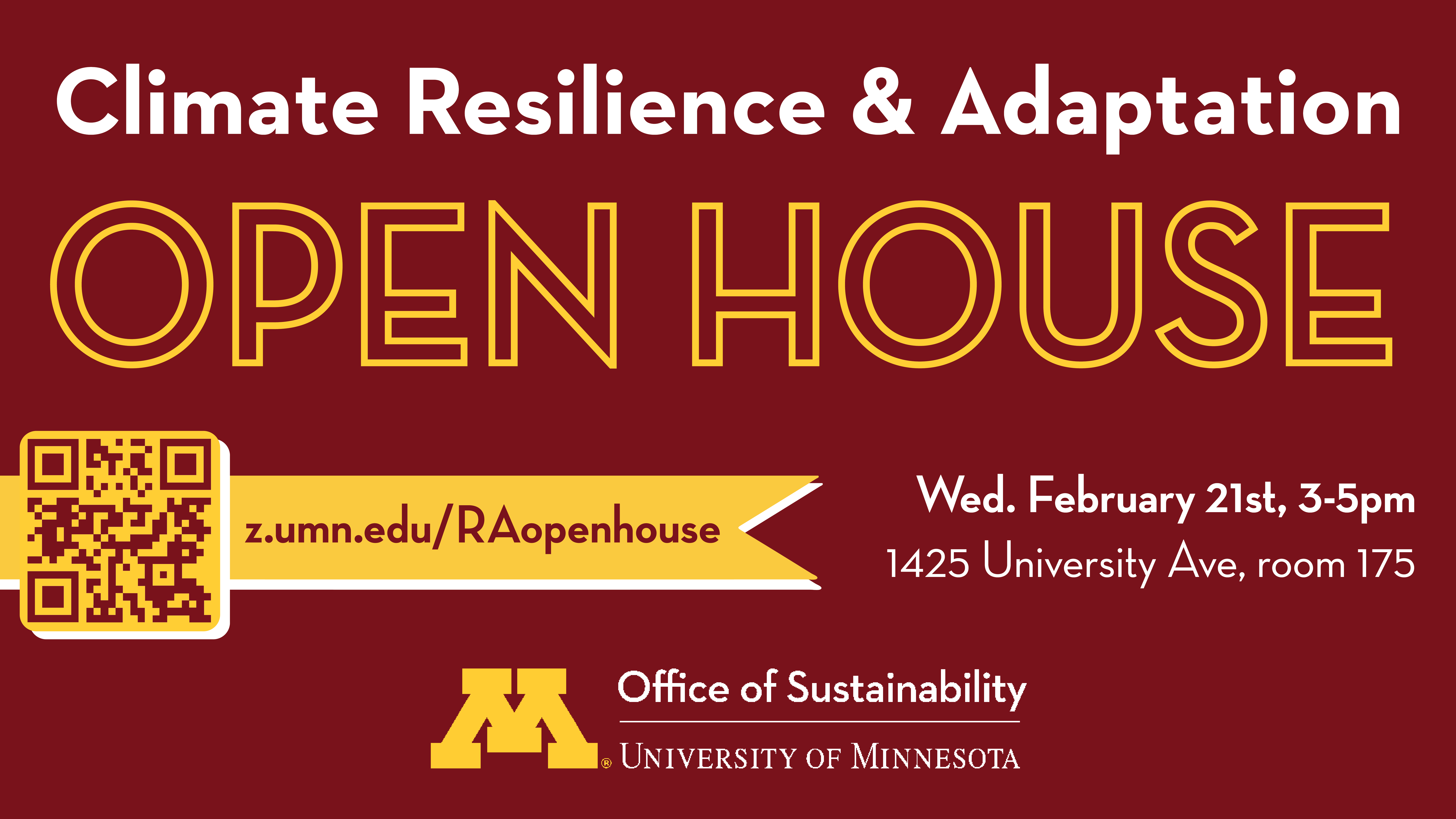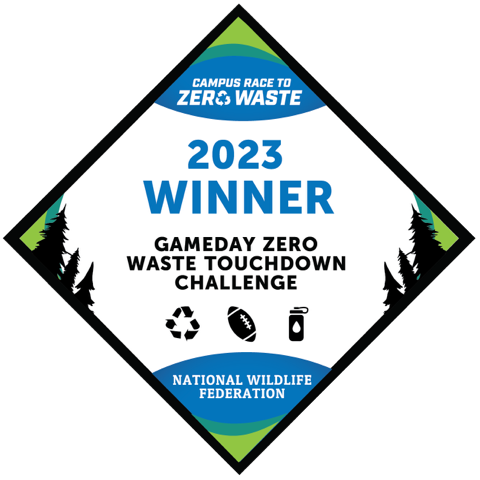
UMN Wins 2023 GameDay Zero Waste Challenge!
University of Minnesota Twin Cities has won the 2023 GameDay Football Zero Waste Touchdown Challenge in the Food Organics Per Capita category!
The challenge is a nationwide competition among colleges and universities to reduce waste generated at home football games. UMN beat out 54 other universities for the challenge.
At one single home game, the University recovered almost 8,000 lbs of food organics and diverted it from the landfill. This created an impressive 85% waste diversion rate!
This achievement underscores our commitment to waste reduction, putting sustainability at the forefront of our athletic spaces.
Read more about the competition
